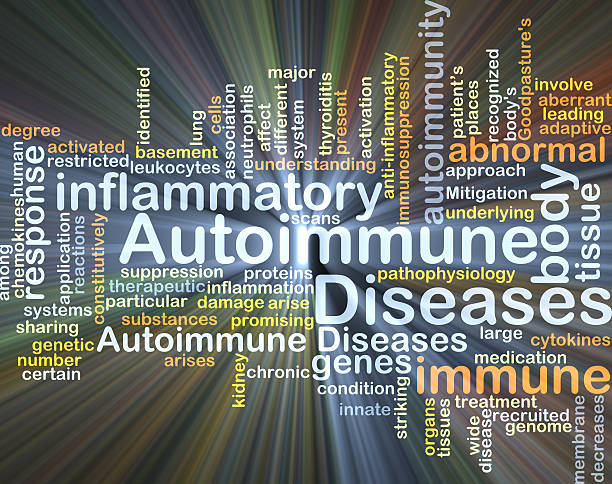Should young people with autoimmune disorders receive more media attention?
Autoimmune disorders occur when the immune system attacks body cells. They sound terrifying, but they are much more common than you might think. In the UK, according to the website Open Access Government, around 10.2% have an autoimmune disorder. Over 100 conditions, such as lupus, type 1 diabetes, and alopecia, are classified as autoimmune disorders. The extent to which life is affected varies from condition to condition and even person to person.
It is becoming increasingly common to see autoimmune disorders discussed on social media platforms like TikTok and Instagram. Many celebrities, including Jada Pinkett Smith, Lady Gaga, and Morgan Freeman, have casually spoken about their experiences with autoimmune disorders. However, many individuals with autoimmune disorders, particularly those still in education, like myself, can often feel isolated in their suffering and treatment, feeling distanced from their peers. For instance, I find it challenging to understand why my friends do not seem tired during stressful moments and why I cannot participate when they engage in contact sports. To alleviate any anxiety experienced by those in education suffering from autoimmune disorders, it is crucial to consider whether they are exposed to enough narratives similar to their own.
People who demonstrate how they adapt their lives to accommodate their disabilities or embrace their differences are undoubtedly not new to social media. However, this is more common for visible disabilities. I, along with many others who endure almost invisible or entirely invisible disorders, often find ourselves excluded from this community, leading to feelings of overreacting or thinking we are the only ones facing such issues. This is certainly not the case. According to Science Direct, the prevalence of autoimmune disorders is increasing by 12.5% each year, making it even more crucial for those with autoimmune disorders to know they are not suffering in isolation. Many, myself included, argue that it can often seem like we are alone in our suffering because not many people are aware of autoimmune disorders and the symptoms they can cause. Nick Jonas, one of the Jonas Brothers, has type one diabetes, having been diagnosed as a teenager, and he has spoken out about the lack of knowledge and the misinformation surrounding his condition, particularly the myth that the disorder can arise from consuming too much sugar in childhood. Today, he remarked, “Education is part of the conversation. With Type 1 or Type 2, you can have sugar, and you just have to take insulin. There are all these things that we need to educate people about.”
As someone who suffers from an autoimmune disorder myself, specifically anti-phospholipid syndrome, I can deeply relate to the issue of alienation in the media. My disorder increases my likelihood of experiencing blood clots, and I have noticed that it tends to flare up during stressful periods. The GCSE exam period was widely advertised, and I perceived it on TikTok as an exciting and fun time at school, with the entire year coming together to anticipate the summer holidays. However, I was never informed that the pressures related to exams could exacerbate my symptoms. Around and during the exam period, I experienced several mini-strokes and clots in my feet that made walking difficult, as well as pains in the tips of my fingers that often hindered my ability to write. Watching videos in the afternoon or evening after exams, with everyone boasting about how easy they found the exam that day, frequently made me feel inadequate or pathetic. A video on coping with autoimmune disorders during stressful times would have been invaluable. Fortunately, after a challenging exam period, my symptoms were ultimately manageable.
Overall, individuals with autoimmune disorders should recognise that they are not enduring their struggles in isolation, thanks to the experiences shared by well-known celebrities or creators on social media. Understanding that others face similar challenges can help children, in particular, feel more at ease and less contemptuous of their circumstances; it may serve as a beacon of hope at the end of a long and winding tunnel.
By Morti
Queen Elizabeth’s Grammar Newsroom, Alford
